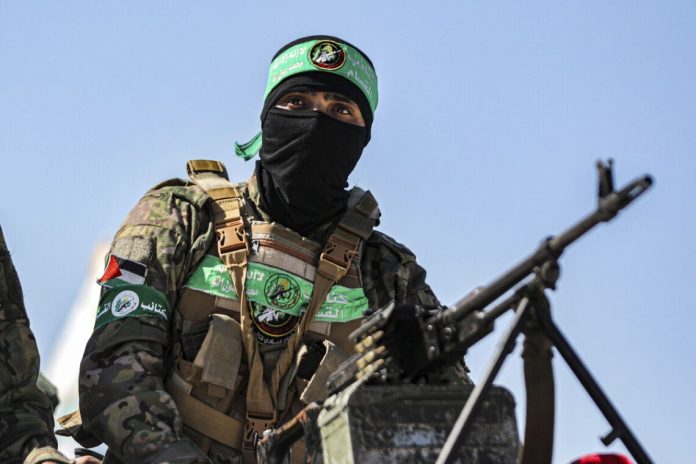In the fall of 2024, the war in the Middle East is expected, the analyst Yuri Bogdanov predicts. There are currently no prerequisites for reducing tension in the region, since all participants in the conflict, as well as most involved, have their interests that stimulate escalation. The main events and trends indicate an increase in conflict that can cover new territories and attract new participants.
In Tehran, Israel eliminated the head of Politburo Hamas Ismail Khaania, responsible for the attack on the country on October 7, 2023. The death of the terrorist does not cause any sympathy, but it is a symbolic step that will change nothing.
Will this undermine the organizational integrity of Hamas? - No. Islamist (like other radical-religious) organizations operate not through individual leadership, but through ideological (religious-political) integrity and network principle. There are constantly producing new management personnel, and their "fold" is huge about always. Moreover, it can now be further radicalized by Hamas (yes, there is still a wherever) and give him additional arguments for recruitment.
Will this arrangement between Israel and Hamas approach the end of the war? - No. The war will continue. Now both parties have been given the reason to say that the war should be waged until the "victorious end".
Most likely, in the fall, the war will spread to Lebanon. The heat that in the Eastern Mediterranean is slightly harsher than ours. Yes, Beirut attack a few days ago was just a teaser.
The war with Hezbolla, if it comes to the land phase, will be no less complicated than in gas. Instead of urban development there will be mountains and urban development. It is much easier for Iran to provide Hezbolla with all the necessary smuggling through Iraq and use loyal cheese as a logistics base. Both previous wars in Lebanon were very difficult for Israel - the first (1982) was actually lost and caused a crisis in relations with the Reagan administration, the second (2006) led to a crushing critic and the resignation of Ehuda Olart.
Given the latest statements by Erdogan, Turkey will also take an enemy position on Israel. No, of course, there will be no “introduction of Turkish troops to protect the peaceful population of Gaza”. But money, loads and (possibly) weapons can suddenly receive both Hamas and Hezbolla.
Plus the demography for radical Islamist movements in the region is favorable: the poor young people, including the victims of war, are more than enough for propaganda and recruitment.
Iran is unlikely to be ready to wage a full -scale war in the region, but its proxy will be active not only against Israel. Proiran movements will try to destabilize (even more) Iraq. The Islamic Republic will also press on Saudi Arabia, its true enemy # 1 in the region.
The purpose of the Iranian leadership is now simple: the hotter it will become, the better the conditions for negotiations with the United States with regard to de -escalation, the issue of sanctions and a nuclear agreement. The more the ward will be the pressure on Israel and Saudi Arabia that the risk of Iraq's collapse will be higher-the more difficult the Harris or Trump administration will pursue any Iran policy.
In addition, Iran always has a trump card - blocking the navigation of the Strait of the Ormouz, which separates the Persian Gulf from the exit to the oceans. This can provoke a full energy crisis that will much ahead of the consequences of sanctions against Russia. That is why China and India, which are critically dependent on oil supplies from the region (China - by 50+%, India - by 40%), do everything possible to prevent escalation in the region and the Great War of Iran against the US, CSA or Israel.
Of course, Russia will work for escalation. Yes, their interests with China are opposite. Russia is short -term in destabilization of the region and the oil market. But here Putin is all as usual: in a short he plays a plus, but long -term Russia is the purpose # 1 for the export of Islamist terrorism.
The best way to stabilize the region is to regulate the relationship between Israel and Saudi Arabia, creating a powerful counterweight by Iran as the current regime is in place. But without restoring an adequate dialogue between Israel and Palestinians, an adequate postwar gases plan will be extremely difficult. And with an existing government in Israel, it is almost impossible, even if Hamas is completely displaced from the gase. Will be hotter.


